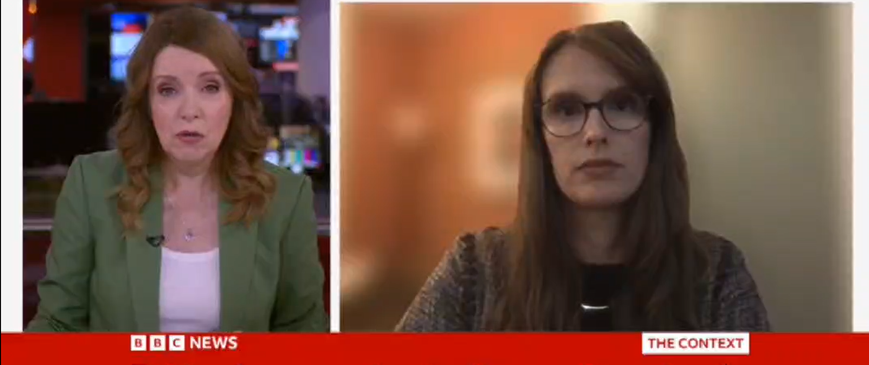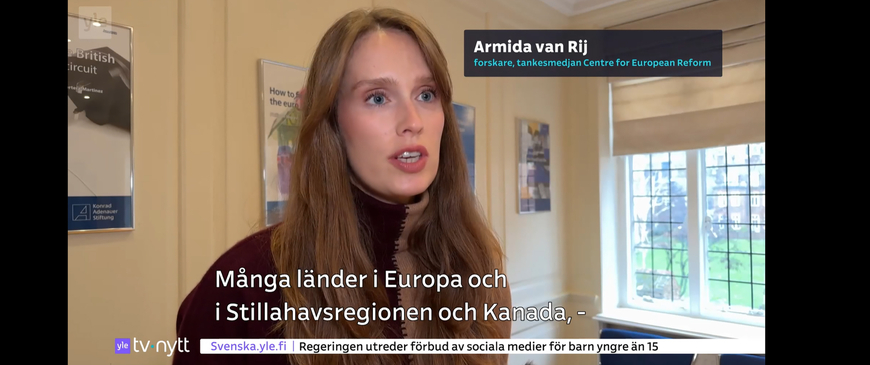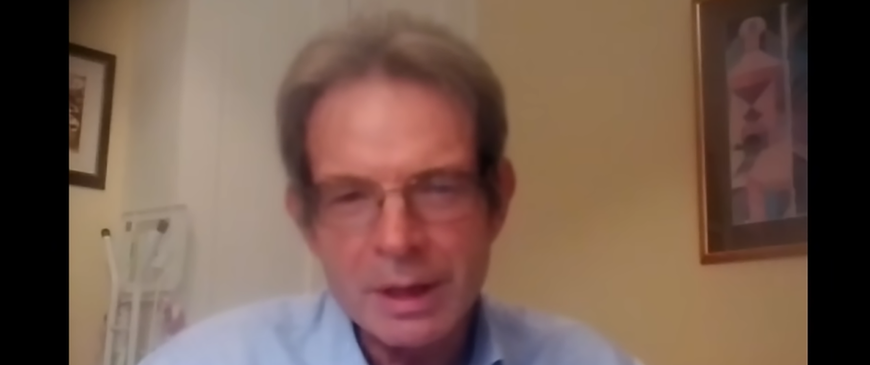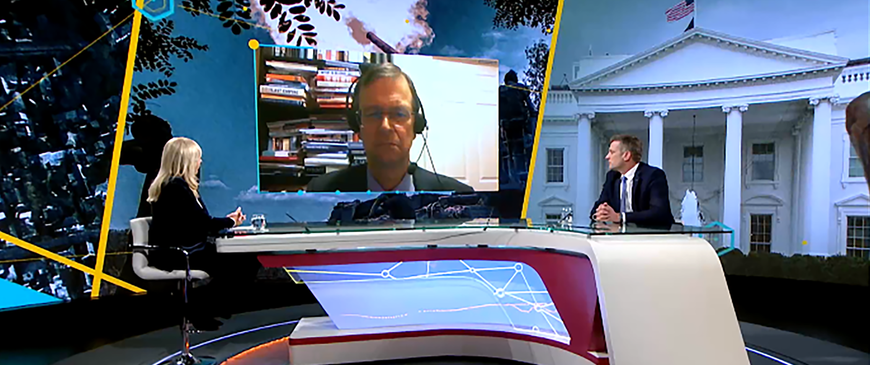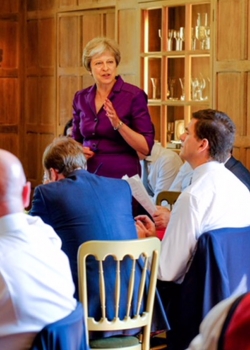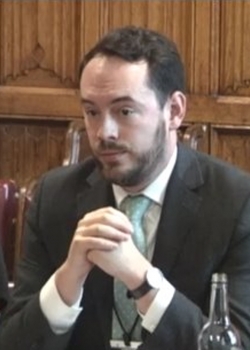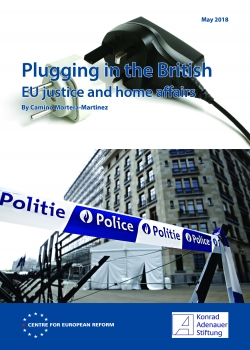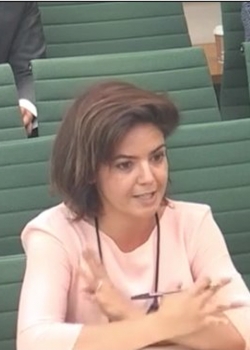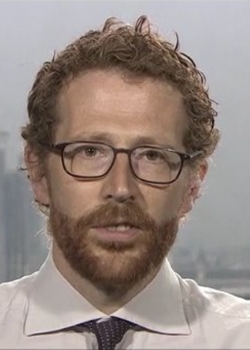Press
Cream tea and compromise as May secures another reprieve
07 July 2018
The Guardian
Writing for the Observer, Charles Grant, director of the Centre for European Reform, who is in close touch with senior figures in Brussels, says: “The EU will reject Theresa May’s proposals. It views her complex customs proposals as unworkable and believes that the four freedoms of the single market are indivisible – movement of goods must go with labour, services and capital. If the UK could ‘cherrypick’ the single market, others might seek a similar status, thereby undermining the EU’s strength and cohesion.”
Theresa May restores cabinet collective responsibility
07 July 2018
Financial Times
Charles Grant of the Centre for European Reform said Brussels regarded Mrs May’s customs plan as “unworkable” and her EU-UK free trade area still looked like cherry-picking of aspects of the single market.
May tames divided Tories as business cheers soft Brexit plan
07 July 2018
Bloomberg
“The EU will not go along with this, but I’m interested to see if they string it out so as to get the withdrawal agreement over the line,” Sam Lowe of the Centre for European Reform, said.
After May's deal, many people will ask, does Brexit have any point?
07 July 2018
The Observer
Three experts, Vernon Bogdanor, Charles Grant and Claire Fox give their verdict on the compromise agreed by the prime minister and her cabinet.
The first coherent Brexit plan that Britain has produced... the EU will never agree to it
06 July 2018
The Times
On Thursday The Times obtained a draft of Theresa May’s plan for Brexit. Sam Lowe, of the Centre for European Reform, analyses the prime minister’s preferred way forward.
Brexit dividend will be cashed in euros
06 July 2018
Reuters
John Springford of the Centre for European Reform estimates the UK economy is 2.1 per cent smaller today than it would have been without the adverse shock caused by the Brexit referendum.
Theresa May's government has finally agreed a plan for Brexit — but the EU may still reject it
06 July 2018
Business Insider
Experts have already cast doubt on whether the EU will accept this proposal. The Times got its hands on an early draft of the plan and asked Centre for European Reform research fellow Sam Lowe to analyse it.
UK outlines new trade plan for Brexit ahead of cabinet meeting
05 July 2018
Bloomberg
“I’m more optimistic on the UK side,” said Charles Grant of the Centre for European Reform think tank. If May “does get her act together and imposes a version of soft Brexit on her party it’s going to be harder for the EU to say ’no, no, no,’ and easier for them to say ’no, but...’”
Theresa May's 'body bag summit'
05 July 2018
Politico
But Charles Grant, director of the Centre for European Reform think-tank, argues that Cabinet resignations might actually strengthen May’s hand in Brussels.“It’s hard to exaggerate the degree to which the antics of several ministers, including Boris Johnson, have drained away goodwill towards the UK,” he said. “If May was to lose some of her ministers … she would be perceived as someone who was finally cutting to the chase, finally taking tough decisions.”
'EU is LOSING PATIENCE!' Warning as no-deal Brexit growing ever more LIKELY by the day
05 July 2018
The Express
The EU is losing patience with the UK as skirmishes within Theresa May’s government continue to destabilise Brexit talks, Brussels decision-making process expert Agata Gostynska-Jakubowska has warned. The Centre for European Reform senior researcher warned the risks of a no deal Brexit "are rising" as the British Government remains divided over its plans for the future.
Parliament Live: EU External Affairs Sub-Committee
05 July 2018
Sam Lowe (from 10.05 mins), a research fellow at the Centre for European Reform along with Susan Morley and Joseph Owen gave evidence on post-Brexit customs proposals.
CNBC: EU already losing patience with the UK over Brexit
05 July 2018
"The chances of a no-deal scenario are rising," says Agata Gostynska-Jakubowska, senior research fellow at the Centre for European Reform.
CER podcast: Plugging in the British to EU justice and home affairs
04 July 2018
Sophia Besch asks Camino Mortera-Martinez whether the UK will stay plugged into EU justice and home affairs structures after Brexit.
Padol ďalší pilier. Poľskí konzervatívci ovládli Najvyšší súd
03 July 2018
SME Svet
„Komisia chcela zvýšiť tlak na Poľsko a tiež nie je úplne spokojná s tým, ako na doterajšie výhrady Poľsko reagovalo, väčšinou to boli len kozmetické ústupky,“ hovorí pre SME analytička Centra pre európsku reformu Agata Gostyńska-Jakubowska.
BBC Radio 4 - Today programme: British trade post-Brexit
03 July 2018
Sam Lowe a research fellow at the Centre for European Reform spoke to the Today programme (from 56.15 mins) about the unknown costs British companies face after Brexit. If the government gave firms Brexit advice it could be seen as acknowledgement of costs from leaving EU “but that’s not a reason not to...it’s due diligence. A responsible government would be taking this a lot more seriously” .
Parliament Live: EU policing and security co-operation
03 July 2018
Camino Mortera-Martinez (from 15.40 mins), a research fellow at the Centre for European Reform along with Claude Moraes MEP gave evidence on EU policing and security co-operation.
The real threats to the EU
02 July 2018
Project Syndicate
The UK’s concern is understandable: evidence is mounting of the likely damage a departure from the single market and customs union will do to the UK economy. According to new research from the Centre for European Reform, the UK economy is already 2.1% smaller than it would have been had voters chosen to remain. The hit to public finances totals £440 million ($579 million) per week.
The Jersey option looks good for Brexit Britain. It isn't.
02 July 2018
Financial Times
If the frenzied speculation is true, this week’s special UK cabinet meeting will end with Britain asking for a customs union with the EU plus accepting its regulation of goods, while rejecting single market rules on services and freedom of movement. This model is generally called the “Jersey option” [article by Sam Lowe, research fellow at the Centre for European Reform] after the British crown dependency in the English Channel, which already has such a relationship with the EU.
Aljazeera: EU reform, migration and the economy
30 June 2018
John Springford, the deputy director of the Centre for European Reform, says "bringing in more people definitely helps" EU countries economically.
EU leaders reach migration deal
29 June 2018
CBS News
Migration has "been one of the biggest crises that the European Union has faced in a decade where there have been several crises in a row," John Springford, deputy director of the Centre for European Reform, told CBS News.

